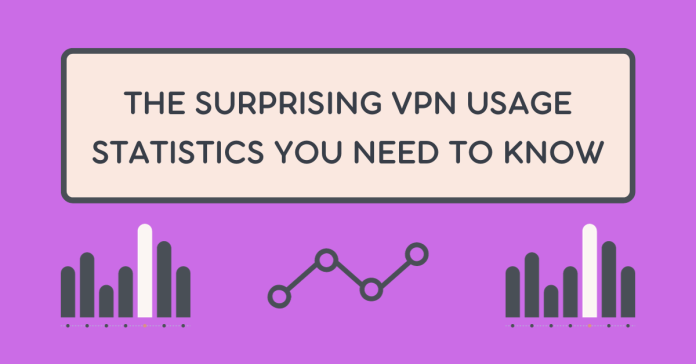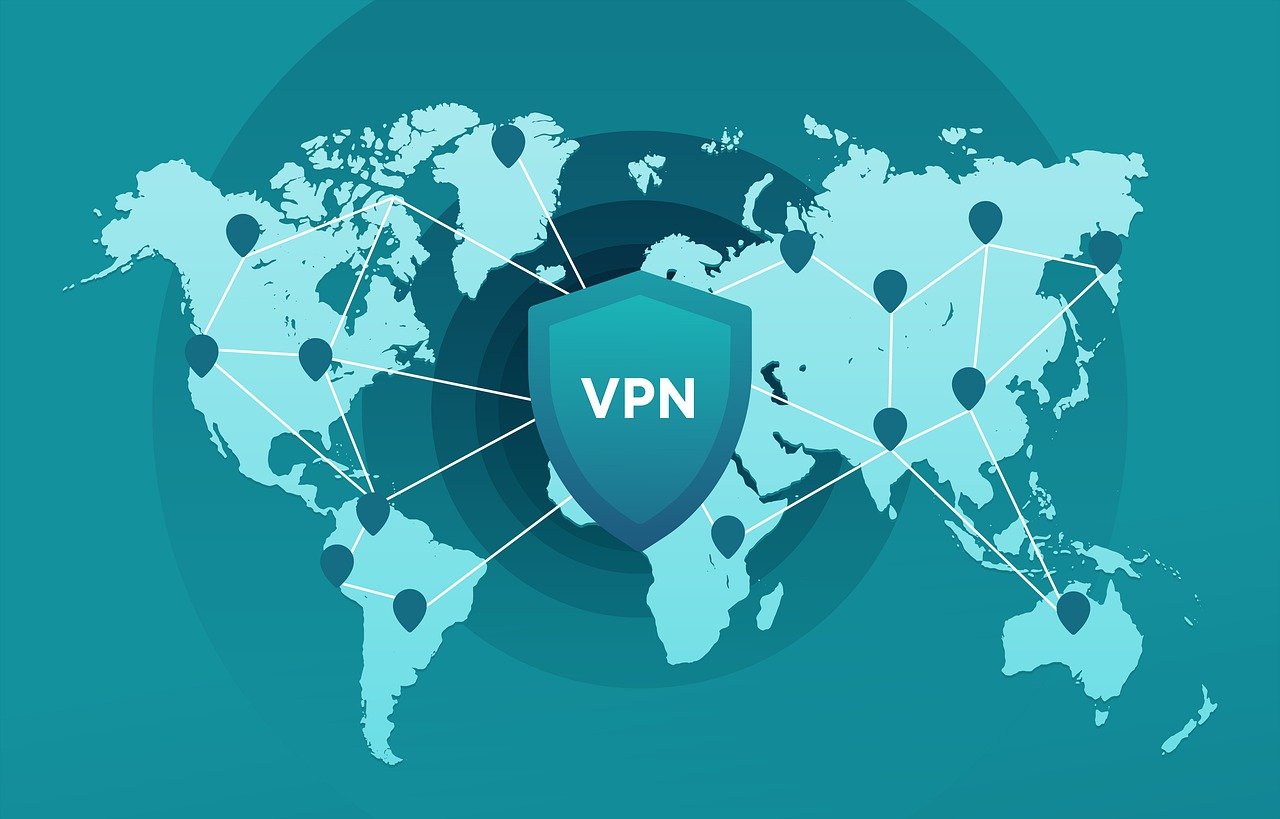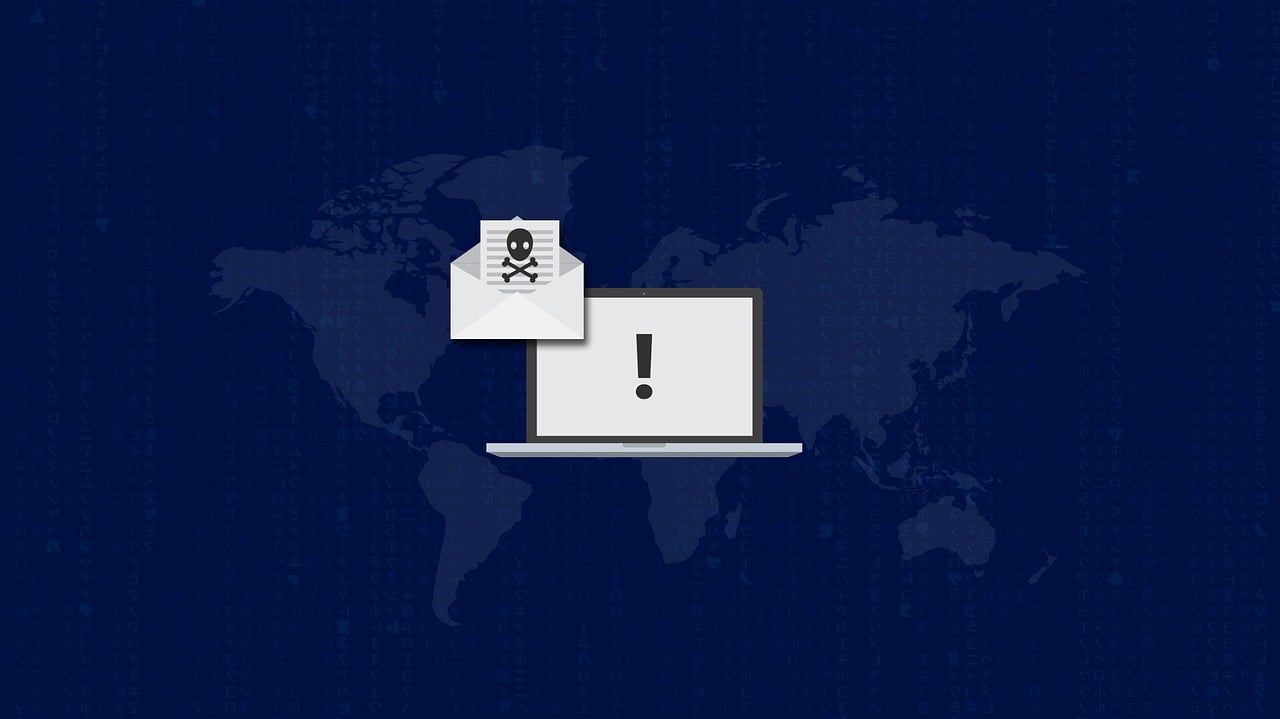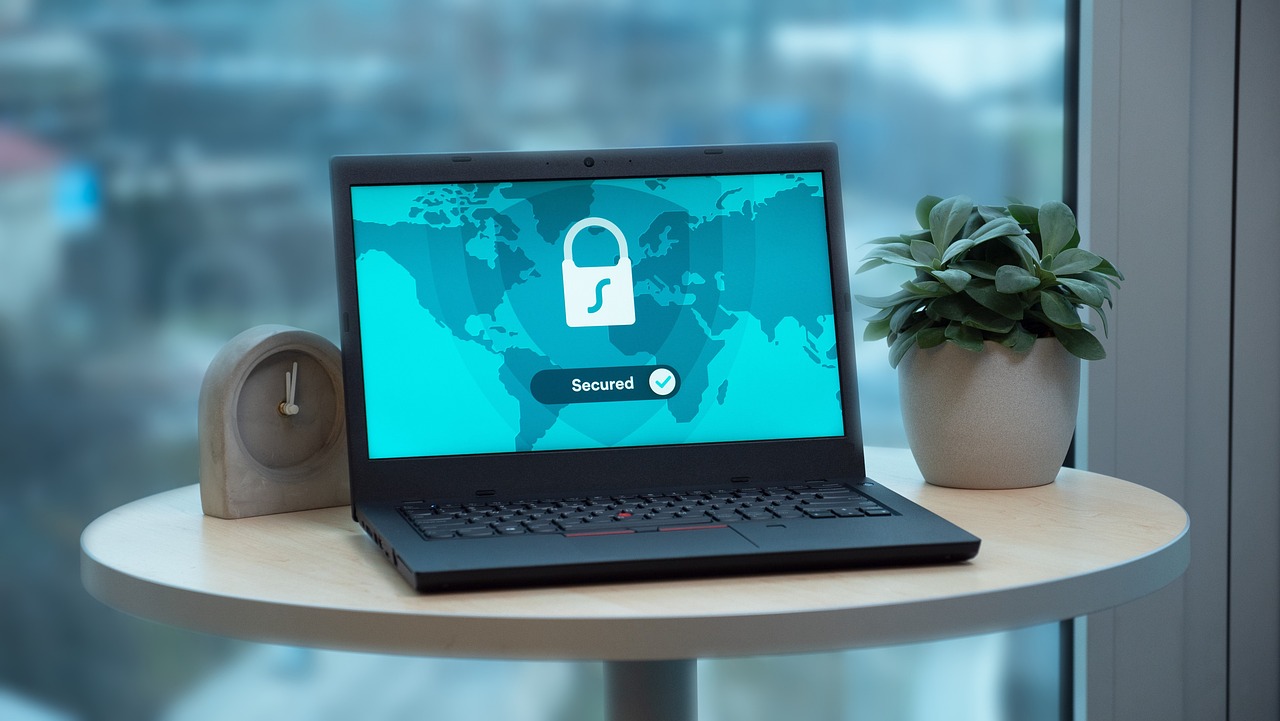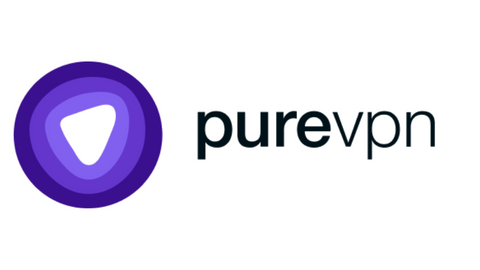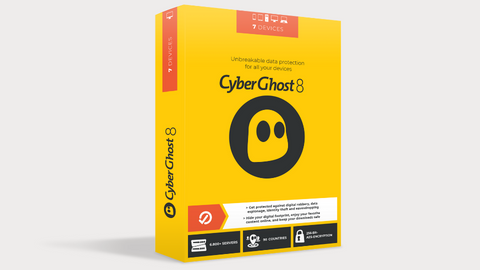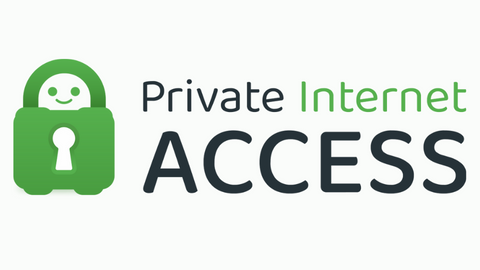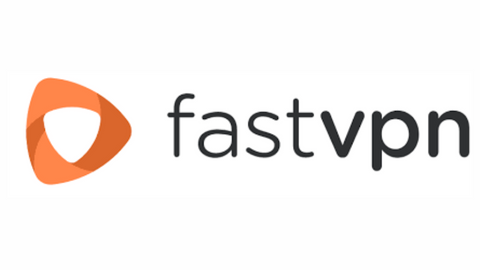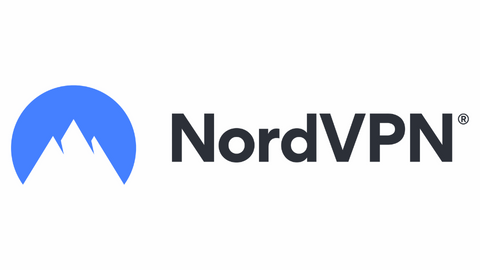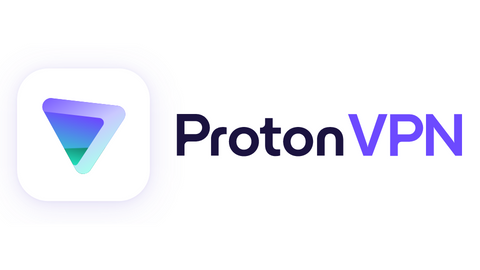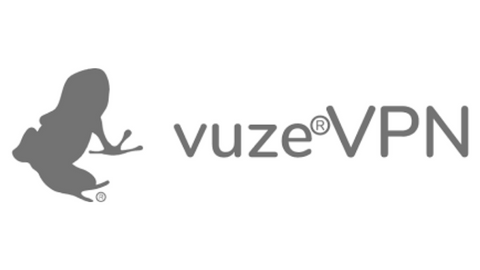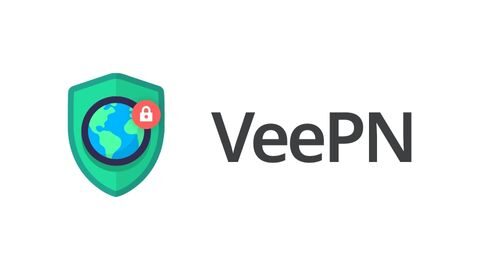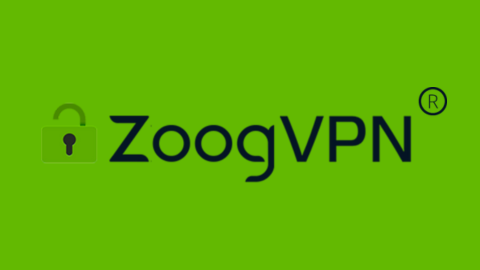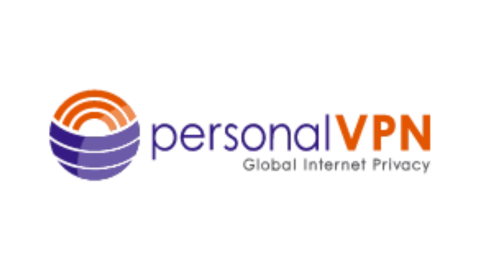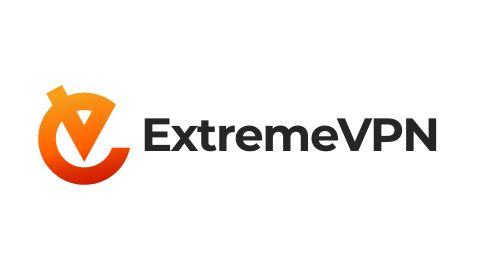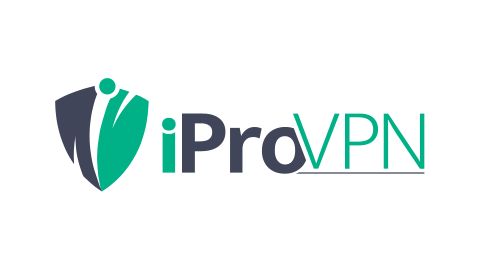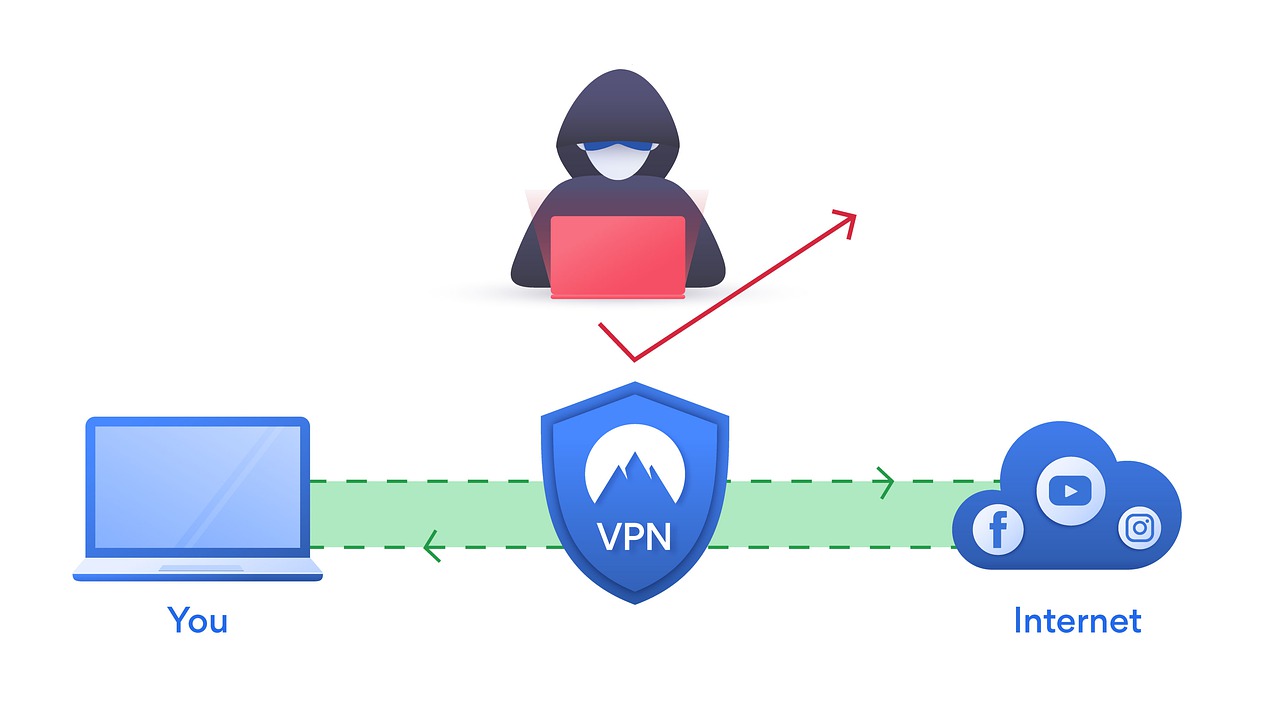Here are the surprising VPN usage statistics you need to know.
VPN has grown in popularity, revealing several key facts and statistics about VPN usage. How many of these facts do you know? In this post, learn more about VPN facts and statistics and how it impacts you.
The use of VPNs has grown significantly in recent years, and for good reason. VPNs offer several benefits, including:
- Privacy: A VPN encrypts your internet traffic, making it difficult for anyone to track your online activity. This is important for protecting your privacy from your ISP, advertisers, and other third parties.
- Security: A VPN can also help to protect you from cyberattacks. By routing your traffic through a secure VPN server, you can help protect your data from hackers and other malicious actors.
- Anonymity: A VPN can also help you to remain anonymous online. Changing your IP address can make it difficult for people to track your location or identify you. This can be useful for protecting your privacy when using public Wi-Fi or when accessing geo-restricted content.
Table of Contents
How Does a VPN Work?
A VPN establishes a secure connection, or tunnel, between your device and a VPN server. When you connect to a VPN, your traffic is routed through an encrypted tunnel. This means that your traffic is protected from prying eyes, even if your ISP or another third party intercepts it.
Why Use a VPN?
There are many reasons why you should use a VPN. Here are a few:
- To protect your privacy: As mentioned above, a VPN can help to protect your privacy by encrypting your traffic and hiding your IP address. This can be important for protecting your personal information, such as your browsing history and location data.
- To improve your security, a VPN can also help protect you from cyberattacks. By routing your traffic through a secure VPN server, you can help protect your data from hackers and other malicious actors.
- To access geo-restricted content, a VPN can also be used to bypass restrictions on streaming services or websites. By connecting to a VPN server in a different country, you can make it appear as if you are located in that country, allowing you to access content unavailable in your own country.
VPN Usage Statistics
Massive Adoption of VPNs in the US
A report by Security.org estimates that there are approximately 142 million VPN users in the US. This figure implies that two out of three internet-using Americans use a VPN. The report further trickled down this figure to about 38 million active users.
This massive adoption of VPNs in the US is likely due to several factors, including:
- There is increasing awareness of the importance of online privacy and security.
- The growing number of cyberattacks and data breaches.
- The expanding use of public Wi-Fi networks, which are often unsecured.
- The availability of affordable and easy-to-use VPN services.
VPNs Used for Security and Privacy
The Security.org report also found that the most common reasons why people use VPNs are to:
- Secure their data and personal information (49%).
- Keep their online activities private (40%).
- Connect to public Wi-Fi safely (31%).
- Bypass internet censorship or restriction (29%).
VPN Usage for Entertainment Purposes
A survey conducted by Global Web Index shows that a higher percentage of people worldwide use a VPN for entertainment purposes. 62% of the people surveyed use VPN to stream content from Netflix, Spotify, Hulu, and other streaming service providers.
This is likely due to the increasing availability of streaming services only available in certain countries. By using a VPN, individuals can connect to a server in a different country and gain access to content that would otherwise be unavailable.
VPN Usage Frequency
A study in the US by Statista shows that 41% of the people surveyed use a VPN service at least once a week, while 36% use a VPN daily. This suggests that VPN usage is becoming more common, with people using it more frequently.
This is likely due to the growing awareness of the benefits of using a VPN, including enhanced privacy and security.
VPN Usage on Mobile Devices
64% of VPN users in the US and UK use a VPN app on their mobile devices, while 62% use a VPN on their desktops. This is due to the shift from desktop to mobile devices.
Increasingly, people are using their mobile devices for online activities, including web browsing, shopping, and banking. As a result, there is a growing need for VPNs on mobile devices.
VPN Awareness in the US
A security.org report shows that US citizens are aware of what a VPN is and its primary use. This indicates the level of awareness Americans have about internet privacy and security.
This is likely due to the increasing number of data breaches and cyberattacks that have made people more aware of the importance of protecting their personal information.
Online Threats and Privacy Concerns
More Americans are worried about identity theft as their biggest online threat. This is likely due to the increasing number of data breaches that have exposed people’s personal information.
People are also more concerned about their government spying on their online activities. This is especially true in countries with authoritarian governments.
Government Spying Concerns
Eighty % of Americans and Hong Kong citizens are worried that their governments are spying on their online activities. This is a significant concern for people who value their privacy.
In response to these concerns, some individuals use VPNs in conjunction with TOR to further protect their privacy. TOR is a free and open-source software that allows users to browse the web anonymously.
Data Privacy Laws
87% of Baby Boomers want the government to enforce better data privacy laws. This is a sign that people are becoming more aware of the importance of data privacy.
However, only 53% of Gen Z believe the government should enforce better data privacy laws. This may be because Gen Z is more used to living in a digital world and is less concerned about data privacy.
VPN Usage by Age Group
Adults in the 45-60 age range are the largest group of VPN users. This is likely because they are more concerned about their online privacy and security.
Young adults aged 18-29 are also a significant group of VPN users. This is likely because they are more likely to use the Internet for activities that require privacy, such as online banking and shopping.
VPN Use by Gender
A survey conducted by GWI reveals that 36% of men sampled use a VPN, while 26% of women use one. The increased number of male VPN users is attributed to an increased awareness of internet dangers and VPN use amongst male folks.
Free VPN Usage
- 29% of VPN users use free VPN services, 26% use paid VPN services, and 24% are businesses and organizations that use paid VPN services.
- VPN usage has increased in recent years, with more people utilizing VPNs for various purposes, including protecting their privacy, accessing geo-restricted content, and circumventing censorship.
- Free VPNs are on the rise, but they also pose risks, including data breaches and malware infections.
Data Breaches and Free VPNs
- Free VPNs have been involved in several data breaches, resulting in the online leak of user data.
- In 2019, a data breach at Hola VPN exposed the personal data of over 1.2 million users.
- In 2020, a data breach at FastVPN exposed the personal data of over 2 million users.
- These data breaches underscore the risks associated with using free VPN services.
Server Strength and Coverage
- The number of servers a VPN has, and the countries where those servers are located can affect the speed, reliability, and security of a VPN service.
- VPN providers with a large number of servers in various countries offer users more options to connect to a server located near their physical location.
- This can improve the speed and reliability of the VPN connection.
Acquisitions in the VPN Market
- The VPN market is consolidating, with a few large providers acquiring smaller providers.
- This consolidation is likely due to the increasing demand for VPN services and the need for providers to scale their operations.
- In 2021, Kape Technologies acquired ExpressVPN for $936 million.
- This was the largest acquisition in the VPN market to date.
VPN Market Value
- The global VPN market is worth an estimated $30 billion.
- The market is expected to grow at a compound annual growth rate (CAGR) of 15.3% from 2022 to 2028.
- The increasing demand for online security and privacy drives the growth of the VPN market.
VPN App Downloads
- The number of VPN app downloads has increased significantly in recent years.
- In 2021, over 785 million VPN app downloads were recorded.
- The growth of VPN app downloads is driven by the increasing availability of VPN services and the growing awareness of the benefits of using a VPN.
VPN Use in Russia
- The use of VPNs in Russia has increased significantly since the start of the Ukraine invasion.
- In March 2022, there was a 1,906% increase in VPN use in Russia.
- This increase is likely due to the Russian government’s censorship of social media platforms and other websites.
VPN Search Trends
- Search trends for “VPN” and “Virtual Private Networks” have increased in recent years.
- The highest search record for “VPN” was in September 2022, when Russia announced that it had begun mobilizing civilians for the invasion of Ukraine.
- This increase in search trends is likely due to the growing awareness of the benefits of using a VPN.
Internet Freedom
- Freedom House ranks countries on a scale of 0 to 100 based on their level of internet freedom.
- Countries with a score of 0 have no internet freedom, while countries with a score of 100 have complete internet freedom.
- In 2022, only 17 out of 70 countries scored 70 or above.
- The countries with the highest level of internet freedom are Iceland, Estonia, and Canada.
- The countries with the lowest level of internet freedom are China, Iran, and Myanmar.
VPN Usage by Region
- The Middle East, Asia, and Africa have the highest rate of VPN usage.
- In the Middle East, Turkey has the highest rate of VPN usage, followed by the United Arab Emirates and Saudi Arabia.
- In Asia, China has the highest rate of VPN usage, followed by India and Indonesia.
- In Africa, South Africa has the highest rate of VPN usage, followed by Nigeria and Kenya.
VPN Use Worldwide
- As of 2021, there are over 600 million VPN users worldwide.
- In 2020, the VPN industry was estimated to be worth $35 billion.
- In the US, the number of VPN users increased by 22% in 2020 compared to 2019.
- In China, over 50% of internet users use VPNs to bypass censorship and access blocked websites.
- In 2020, the top countries for VPN usage were India, China, and the United States.
VPN Use for Security and Privacy
- According to a study by Comparitech, 31% of internet users use VPNs for online security and privacy.
- In 2019, the average age of a VPN user was estimated to be 33 years old.
- A 2020 study found that 81% of consumers believe VPN enhances online privacy.
VPN Use for Business
- In 2019, it was estimated that over 35% of companies worldwide use VPNs for remote network access.
Reasons for VPN Use
- The primary reasons for using a VPN are to bypass censorship, enhance online privacy, and access blocked websites.
- Other reasons for using a VPN include remote access to work networks, gaming, and streaming content.
VPN Bans
- The governments of China, Russia, the UAE, North Korea, Iran, Iraq, Turkey, Oman, Turkmenistan, and Belarus ban VPN use.
- These governments ban VPN use to control the flow of information and prevent citizens from bypassing internet censorship.
BEST VPN SERVICES
VPN Usage Statistics: Frequently Asked Questions
What is a VPN, and how does it work?
A VPN stands for Virtual Private Network. It creates a secure, encrypted connection between your device and a remote server. This helps protect your online activities and identity from being monitored or intercepted by others.
A VPN works by routing your internet traffic through the VPN server. This means your data is encrypted before it leaves your device and is only decrypted when it reaches the VPN server. This prevents anyone monitoring your internet traffic from seeing what you do online.
Why do I need a VPN?
There are many reasons why you need a VPN. Some of the most common include:
- Online privacy: A VPN can help protect your online privacy by encrypting your internet traffic and hiding your IP address. This makes it more difficult for websites and other entities to track your online activities.
- Security: A VPN can also help protect your security by encrypting your internet traffic and preventing others from monitoring your online activities. This can be especially important if you are using public Wi-Fi networks.
- Geo-restrictions: A VPN can be used to bypass geo-restrictions and access websites and services that are not available in your region. This can be useful for streaming content, shopping online, or accessing social media platforms.
- Censorship: A VPN can be used to bypass censorship and access websites and services that are blocked in your country. This can be important if you live in a country with restrictive internet policies.
Can a VPN guarantee my online privacy?
No, a VPN cannot guarantee your online privacy. However, it can provide high privacy by encrypting your internet traffic and hiding your IP address. This makes it more difficult for websites and other entities to track your online activities.
It is important to note that not all VPNs are created equal. Some VPN providers are more trustworthy than others. It is essential to conduct thorough research and select a VPN provider with a strong reputation for privacy and security.
Is it legal to use a VPN?
The legality of using a VPN varies by country. In many countries, the use of VPNs is legal, while it may be restricted or banned in others. Researching the laws and regulations in your country before using a VPN is vital.
How does a VPN affect my internet speed?
A VPN can affect your internet speed, but this varies based on factors such as the location of the VPN server, the encryption protocol used, and the server load. Some VPNs can slow your internet speed, while others offer fast and stable connections.
It is crucial to test the speed of a VPN before you sign up for a subscription. You can do this by connecting to a VPN server in a different location and running a speed test.
Can I use a VPN on all my devices?
Most VPN providers offer software compatible with multiple platforms, including Windows, macOS, iOS, Android, and Linux. Some VPNs also have extensions for popular browsers such as Chrome and Firefox.
It is vital to ensure that the VPN provider you choose offers software for all the devices you want to use it on.
Does a VPN protect me from malware and viruses?
A VPN can help protect your device from malware and viruses by encrypting your internet traffic. However, it is not a guarantee. It is still essential to have good antivirus software installed on your device to protect against malware and other threats.
Can I access geo-restricted websites and services with a VPN?
Yes, you can access geo-restricted websites and services with a VPN. Connecting to a VPN server in a different location allows you to bypass location-based restrictions and access content from anywhere in the world.
This can be useful for streaming content, shopping online, or accessing social media platforms.
How do I choose a VPN provider?
When choosing a VPN provider, consider factors such as:
- Privacy and security features: Ensure the VPN provider has a good reputation for privacy and security.
- Server locations: Ensure the VPN provider has servers in multiple locations, allowing you to connect to one near you.
- Supported platforms: Ensure the VPN provider offers software for all devices you intend to use it on.
- Speed and reliability: Ensure the VPN provider offers fast and reliable connections.
- Price: Ensure the VPN provider offers a plan that fits your budget.
Can a VPN protect me from hacking and cybercrime?
A VPN can provide security and privacy, protecting your online activities from interception or monitoring by hackers or cybercriminals. However, it is not a guarantee. Practicing safe online habits and using strong passwords to protect against cyber threats is essential.
Here are some tips for staying safe online with a VPN:
- Use a strong password for your VPN account.
- Enable two-factor authentication for your VPN account.
- Only connect to VPN servers that you trust.
- Be cautious about the websites you visit and the information you share online.
- Use a firewall on your device.
- Use antivirus with VPN on your devices.
- Keep your software up to date.
Following these tips can help protect yourself from hacking and cybercrime even when using a VPN.
Conclusion
The increasing use of VPNs is a testament to their importance in protecting online privacy and security. However, not all VPNs are created equal. Choosing a reliable VPN that offers high confidentiality and security is crucial.
If you are new to VPNs, consider starting with a free VPN service like ProtonVPN or TunnelBear.
However, these services have limited server locations and features. For a more comprehensive VPN experience, consider paid VPN services such as ExpressVPN, NordVPN, or Surfshark. This article has been helpful and informative.
If you need help determining which VPN is right for you, check out our review of popular VPN services.
Here are some additional tips for choosing a reliable VPN:
- Read the privacy policy: Ensure the VPN provider has a clear and transparent privacy policy explaining how your data is collected and used.
- Check the security features: The VPN provider should offer a high level of security features, such as encryption, DNS leak protection, and a kill switch.
- Obtain multiple reviews: Review independent sources to gain a comprehensive understanding of the VPN provider’s reputation and performance.
- Try the free trial: Most VPN providers offer a free trial to test the service before committing to a subscription.
By following these tips, you can select a reliable VPN to safeguard your online privacy and security.
INTERESTING POSTS
- The Ultimate VPN Guide – What Is A VPN?
- 9 Shocking Cybersecurity Statistics [With Infographics]
- Does VPN Give Free Data Or Internet Access? [Expert Answer]
- Best VPN For 2023: Top Picks Reviewed by Our VPN Experts
- Can VPNs Help Prevent Cyberattacks? [We Have The Answer]
- How to Use a VPN to Protect Your Online Privacy
About the Author:
Meet Angela Daniel, an esteemed cybersecurity expert and the Associate Editor at SecureBlitz. With a profound understanding of the digital security landscape, Angela is dedicated to sharing her wealth of knowledge with readers. Her insightful articles delve into the intricacies of cybersecurity, offering a beacon of understanding in the ever-evolving realm of online safety.
Angela's expertise is grounded in a passion for staying at the forefront of emerging threats and protective measures. Her commitment to empowering individuals and organizations with the tools and insights to safeguard their digital presence is unwavering.


